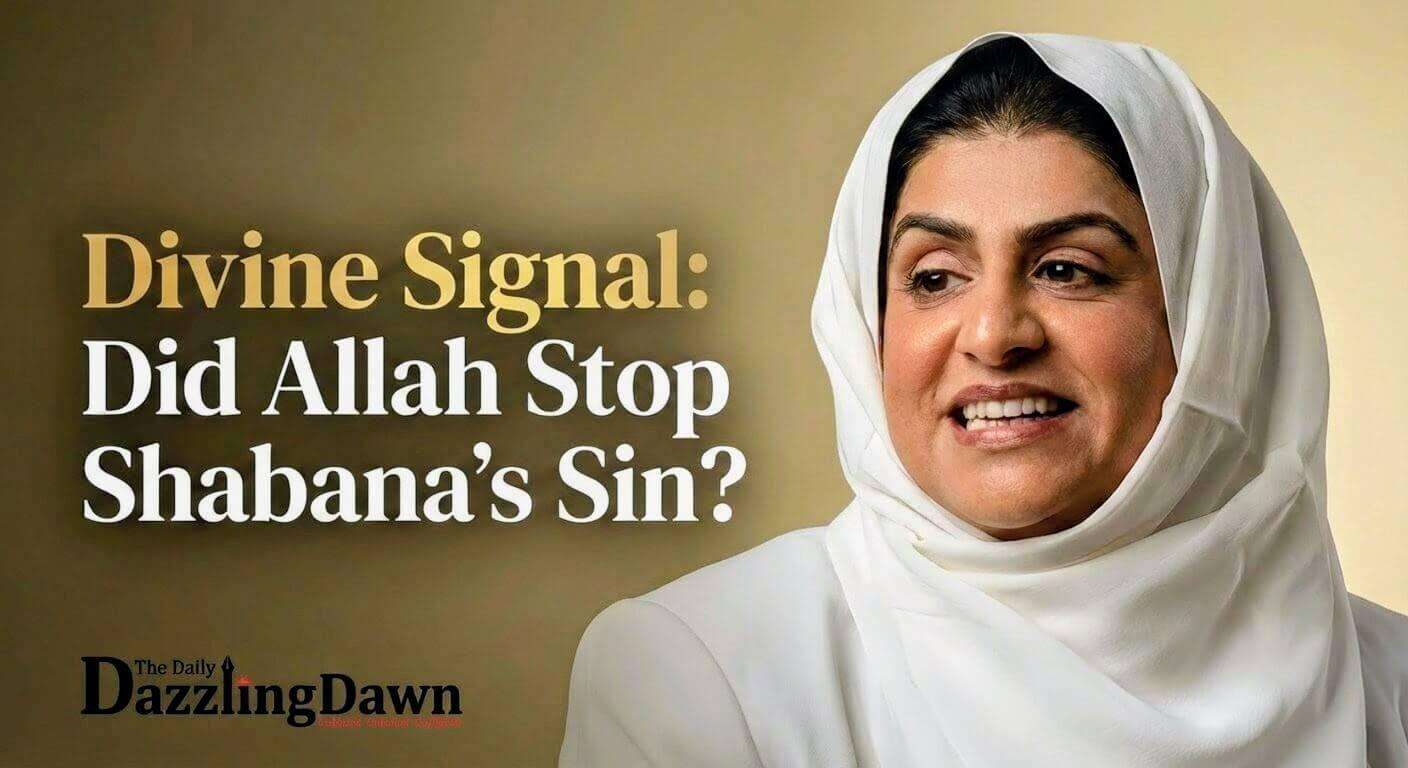The October 2024 wedding of Gina-Maria Schumacher to Iain Bethke was not merely a family celebration; it was a profound, meticulously executed victory in a decade-long war for privacy. Held at the Schumacher family’s 32.5 million (€30 million) villa in Majorca, Spain, the event was protected by a fortress-like security detail and an absolute 'no-phone ban,' a measure that transcends traditional celebrity secrecy to comment on the corrosive nature of the modern digital landscape.
The Controlled 'Attendance' of a Legend
For over twelve years, the world’s seven-time Formula 1 champion, Michael Schumacher, has been fiercely shielded following his catastrophic 2013 skiing accident. The reports that the F1 legend 'attended' his daughter’s wedding, flown via private helicopter from the family's Gland mansion in Switzerland to the Mallorca villa’s helipad, were carefully qualified. While close friends initially disputed the nature of his presence, the established consensus is that the event was structured around his needs, ensuring he could be part of the day from a private, controlled environment within the property.
This commitment is underpinned by a grim reality: the family’s privacy is under constant, active threat. In February 2025, a district court in Germany delivered a verdict in the devastating 13.4 million (€15 million) attempted blackmail plot against the family. Three men, including a former family security worker, were found guilty of attempting to release hundreds of private photos and videos—some 900 pictures and nearly 600 videos were recovered—as well as digitized medical records. Though most material was seized, the chilling update is that one hard drive remains missing, underscoring why Corinna Schumacher’s decision to enforce a zero-tolerance, no-phone zone for the wedding was an existential necessity, not just a preference.
The Digital Detox Trend: Reclaiming the Real Event
The extreme 'no-phone ban,' requiring every guest to surrender their mobile device upon entry, highlights a critical, global shift in high-profile event culture. What was once an exclusive gathering is now often an open-source content farm. In cities like London and across the globe, major events are increasingly plagued by guests who prioritize capturing a viral moment—the shaky video, the leaked candid photo—over genuine connection.
This "photo-first" mentality transforms attendees into amateur photo-journalists, where talking to people is secondary to leaking photos and videos that confer momentary online status. The Schumacher family’s digital detox approach, which successfully prevented a single unauthorised image of the ceremony or Michael Schumacher from being leaked, serves as a high-society blueprint for reclaiming the sanctity of the moment. It forces a return to authentic, in-person engagement, ensuring that the precious, private moments of Gina-Maria's marriage to Iain Bethke—who she has now adopted the surname Bethke with—were stored in memory, not in the cloud.
Small Signs of Progress and the Enduring Legacy
While the full truth of Schumacher’s condition is known only to his most trusted inner circle—his wife, Corinna, his children, and former Ferrari boss Jean Todt—recent, cautiously optimistic updates offer a small spark of hope. A respected French journalist recently suggested a subtle "positive sign" in the recovery, stating that Michael may be "improving a little" and confirming he interacts with his family. Furthermore, the surprising appearance of the legend's signature on a helmet for a charity auction, though its manner of signing is unclear, provided what fans described as an "almost a sign of life" in late 2025.
These fragile reports of non-verbal communication, combined with the extreme lengths taken for his attendance at his daughter’s wedding, reinforce the image of a family united in protection and care. The wedding, therefore, becomes the most powerful public appeal yet: the greatest tribute to the man who defined an era of motorsport—winning seven world titles and setting a benchmark of 91 Grand Prix victories—is to finally respect the impenetrable wall of privacy his family has so painfully and successfully built around him.







.jpg)
.svg)

